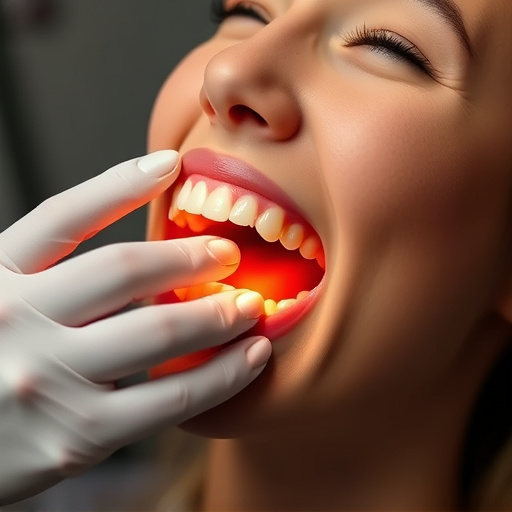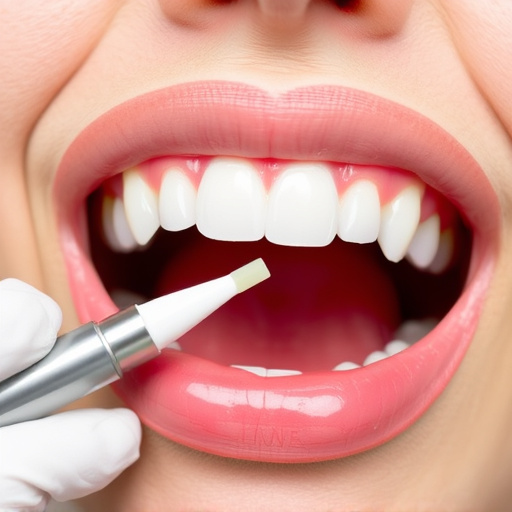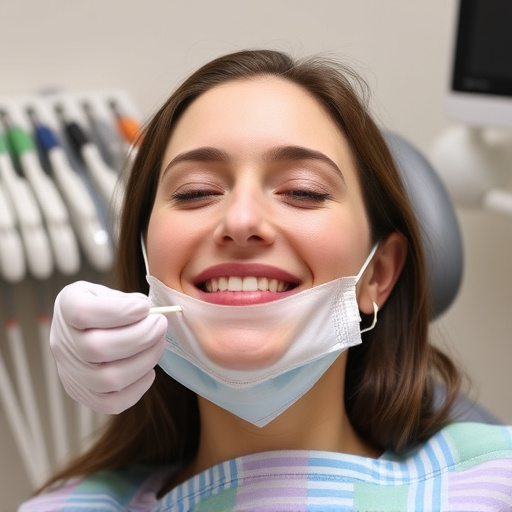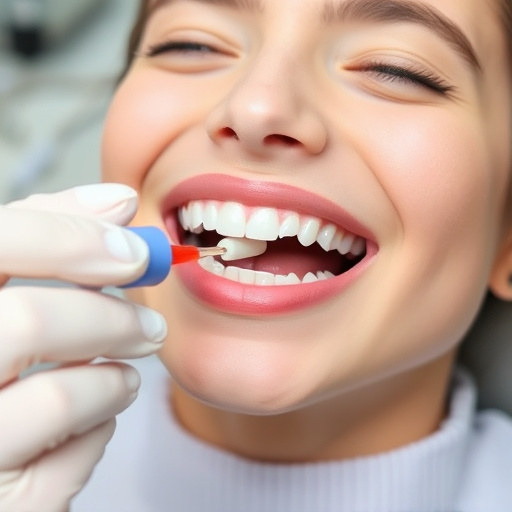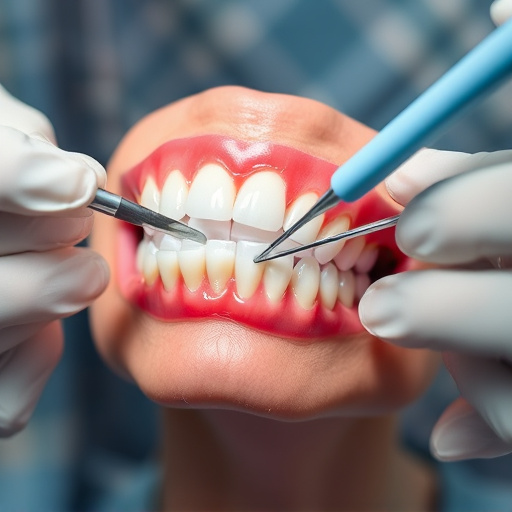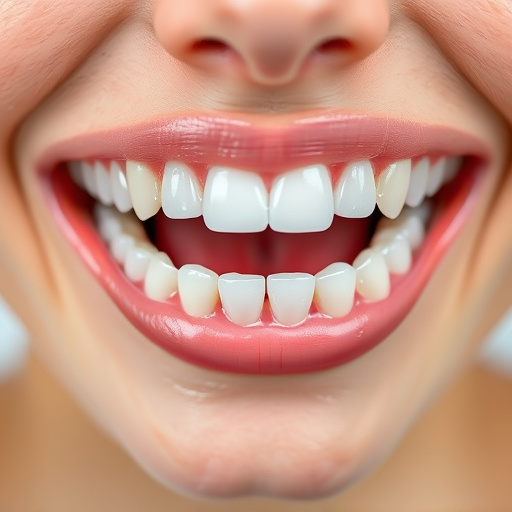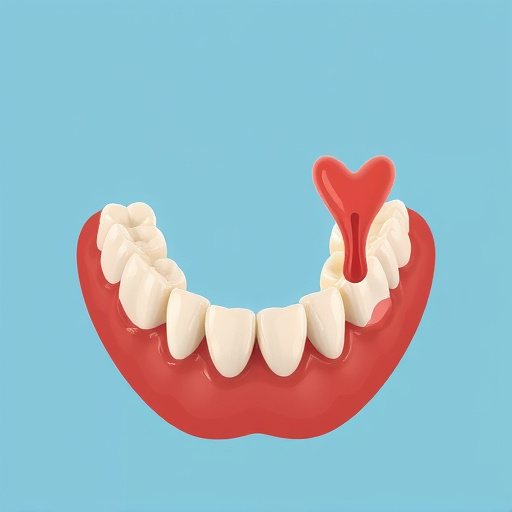Oral health assessments by dental professionals are key for early decay and disease detection, facilitating effective, less invasive treatment. These evaluations include visual inspections, X-rays, and diagnostic tools to check for conditions like tooth decay and gum disease. They also consider diet, lifestyle, and medical history, offering personalized hygiene advice and appropriate treatments. Regular bi-annual check-ups and cleanings, along with daily brushing and flossing, ensure minor issues are caught early, preventing costly future procedures. These appointments empower individuals to take charge of their oral health through holistic understanding and proactive measures.
“Maintain optimal oral health with regular oral health assessments—a crucial practice often overlooked. These comprehensive check-ups go beyond routine cleanings, examining your teeth, gums, and overall mouth health. This article guides you through understanding these assessments, determining the ideal visit frequency, and what to expect during each visit. Discover why scheduling oral health assessments is a game-changer for long-term dental wellness.”
- Understanding Oral Health Assessments: Their Purpose and Benefits
- Determining the Ideal Frequency for Regular Check-ups
- What to Expect During Your Oral Health Assessment Visit
Understanding Oral Health Assessments: Their Purpose and Benefits
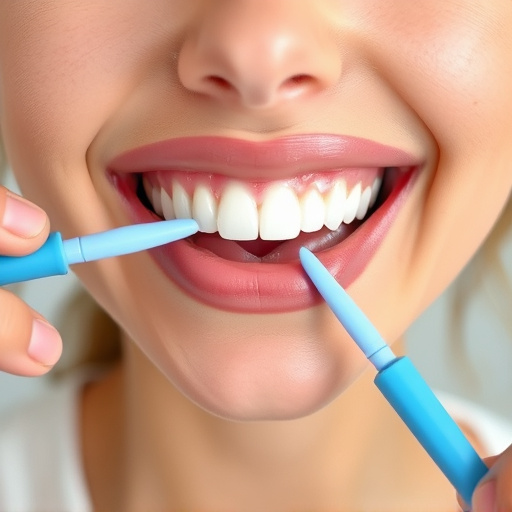
Oral health assessments are comprehensive evaluations conducted by dental professionals to examine your mouth, teeth, and gums for any signs of decay, disease, or potential issues. The primary purpose is to detect problems at an early stage when they’re more treatable and less invasive. Regular oral health assessments offer numerous benefits beyond just checking for cavities; they also help in maintaining overall health as mouth conditions can sometimes be linked to systemic diseases.
These assessments involve a combination of visual inspection, X-rays, and other diagnostic tools. Dentists will check for tooth decay, gum disease, oral cancer, and other conditions. They’ll also assess your jaw and bite alignment, evaluate the health of your saliva glands, and consider factors like your diet, lifestyle choices, and medical history. The information gathered enables dentists to provide personalized advice on maintaining optimal oral hygiene, recommending appropriate treatments, including teeth cleaning, dental fillings, or emergency dental care if needed, to prevent further complications.
Determining the Ideal Frequency for Regular Check-ups
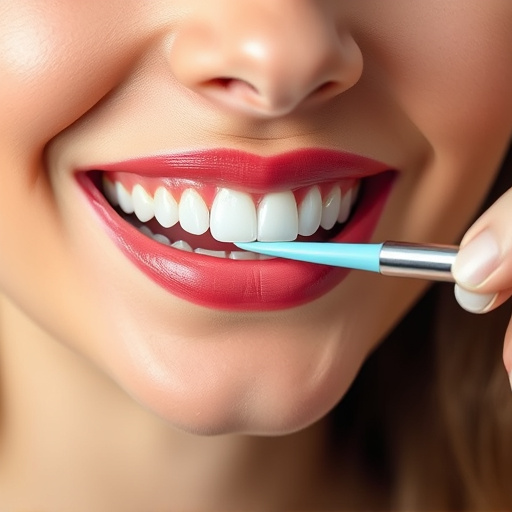
Determining the ideal frequency for regular oral health assessments is a crucial step in maintaining optimal mouth hygiene. While many people associate dental check-ups solely with pain or discomfort, preventive dentistry is about much more than just fixing problems after they arise. It’s a proactive approach to safeguarding your smile and overall well-being. A good rule of thumb is to schedule these appointments every six months, allowing for thorough examinations and cleanings. This frequency ensures that any potential issues, from minor tooth decay to gum inflammation, are caught early, making treatment more manageable.
Consider this routine as a foundation for your oral care regimen. Between these visits, practice good hygiene habits like brushing twice daily with fluoride toothpaste and flossing once every 24 hours. Additionally, regular dental fillings or other general dentistry procedures can also factor into the timing of your check-ups. By staying consistent with these appointments, you empower yourself to take charge of your oral health and avoid more intensive and costly treatments in the future.
What to Expect During Your Oral Health Assessment Visit
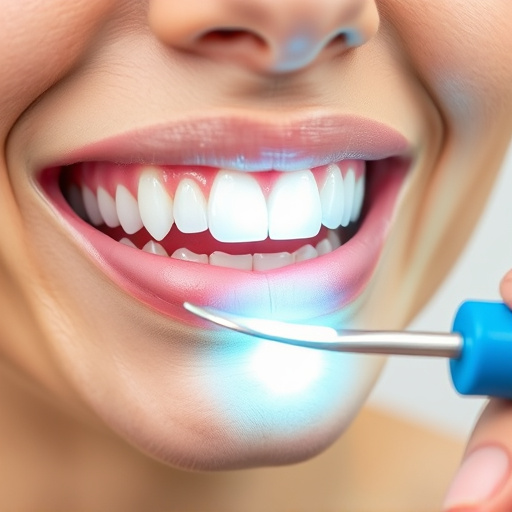
During your oral health assessment visit, you can expect a thorough examination of your teeth, gums, and mouth by a qualified dental professional. This typically includes a visual inspection using various tools like magnifying glasses or torches to closely look at each tooth and identify any signs of decay, gum disease, or other issues. The dentist will also assess your jaw and bite alignment, checking for misalignments that could lead to discomfort or teeth grinding. Often, X-rays are taken to get a detailed view of the dental structure, helping in detecting cavities, infections, or impacted wisdom teeth.
Additionally, your dentist might perform other diagnostic tests like oral cancer screenings and assessments for periodontal (gum) disease. They may discuss your medical history, including any medications you’re taking, as well as ask about lifestyle factors that can impact oral health, such as smoking or excessive alcohol consumption. The visit also offers an opportunity to address concerns, get personalized advice on preventive dentistry, and learn about available cosmetic dentistry options if needed.
Regular oral health assessments are essential for maintaining optimal dental well-being. By scheduling these check-ups every 6 months, individuals can proactively prevent dental issues and promote healthy gums and teeth. This frequency allows for early detection of problems, ensuring prompt treatment and avoiding more severe complications. Remember, an oral health assessment is a key component in keeping your smile vibrant and your overall health robust.








